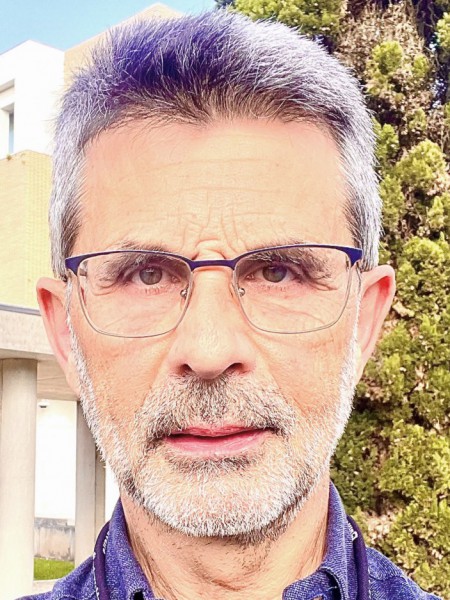abstract
Aqueous two-phase systems (ATPS) have been widely used for the purification and separation of biomolecules. However, recent studies have shown that ATPS can also be effective in the purification and recovery of other compounds, such as ionic liquids (IL). Here, we investigated the liquid-liquid phase equilibria of ATPS consisting of 5-methyl-1,5,7-triaza-bicyclo[4.3.0]non-6-enium acetate ([mTBNH][OAc]) and potassium salts (K2CO3 and K3PO4) at 293.2 K and 323.2 K. Our results indicate that both systems exhibited a high IL partition coefficient (k), exceeding 9.5, and achieved a 99.5% recovery of ionic liquid. Moreover, we found that the presence of potassium salt in the ionic liquid-rich phase had a negative impact on the IL cellulose dissolution capability. Therefore, we investigated the removal of potassium salt from the IL and successfully achieved it by using a nanoporous sodium zirconium cyclosilicate (ZS-9 or AV-13). Overall, our study suggests that ATPS can be a promising technique for the purification and recovery of ionic liquids, with potential applications in various industries.
keywords
BIPHASIC SYSTEMS; SALTS
subject category
Thermodynamics; Chemistry; Engineering
authors
Sosa, FHB; Kilpeläinen, I; Rocha, J; Coutinho, JAP
our authors
Projects
Green chemicals and technologies for the wood-to-textile value chain. (GRETE)
Collaboratory for Emerging Technologies, CoLab (EMERGING TECHNOLOGIES)
CICECO - Aveiro Institute of Materials (UIDB/50011/2020)
CICECO - Aveiro Institute of Materials (UIDP/50011/2020)
Associated Laboratory CICECO-Aveiro Institute of Materials (LA/P/0006/2020)
acknowledgements
This work was developed within the scope of the GRETE project funded from the Bio-Based Industries Joint Undertaking under the European Union's Horizon 2020 research and innovation programme under grant agreement No 837527 - GRETE - H2020-BBI-JTI-2018. Additionally, this work was developed within the scope of the project CICECO Aveiro Institute of Materials, UIDB/50011/2020, UIDP/50011/2020 & amp; LA/P/0006/2020, financed by national funds through the FCT/MEC (PIDDAC) .




